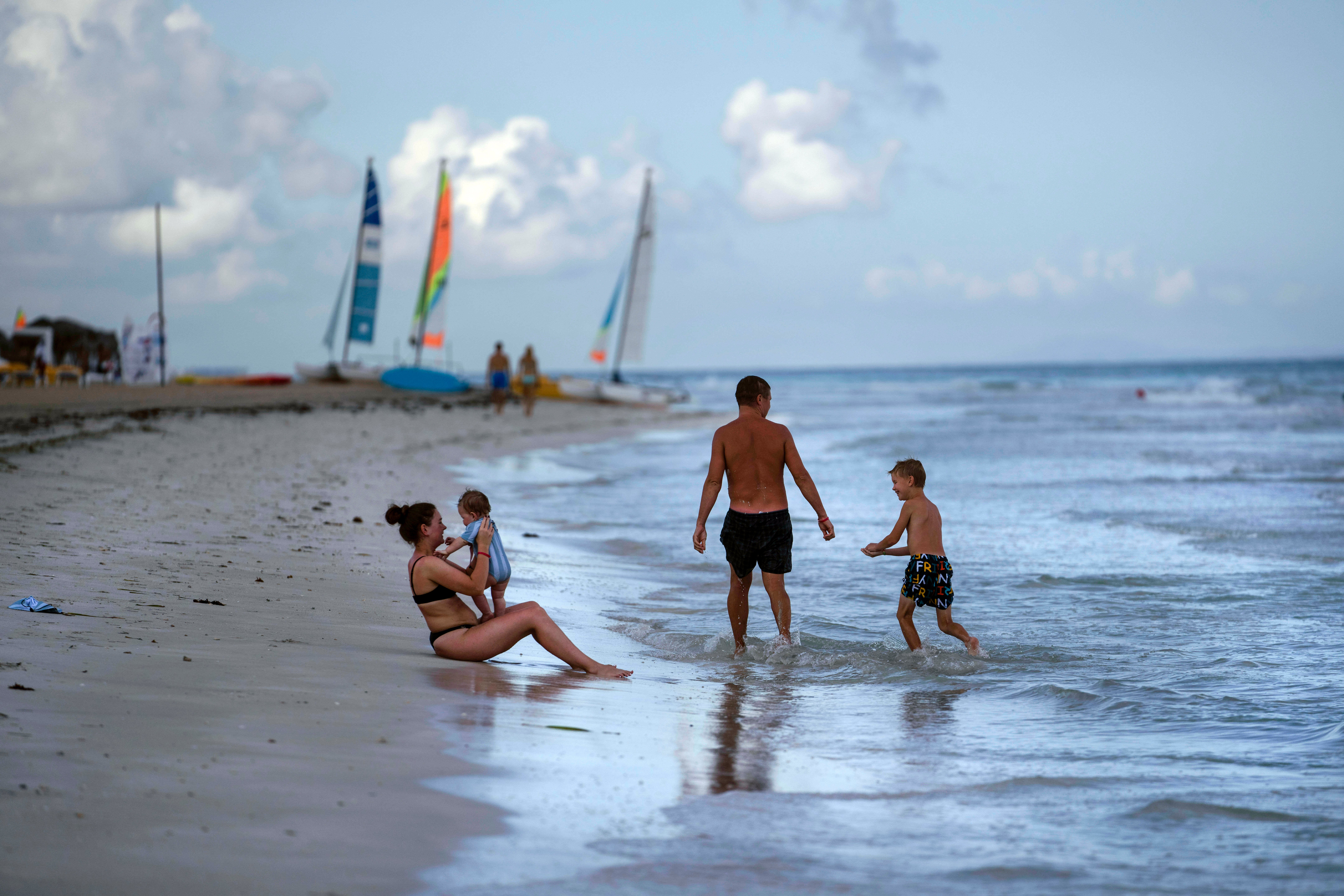Cuba in lockdown as island hit by more blackouts
One million Cubans have left the island since the COVID-19 pandemic

Your support helps us to tell the story
From reproductive rights to climate change to Big Tech, The Independent is on the ground when the story is developing. Whether it's investigating the financials of Elon Musk's pro-Trump PAC or producing our latest documentary, 'The A Word', which shines a light on the American women fighting for reproductive rights, we know how important it is to parse out the facts from the messaging.
At such a critical moment in US history, we need reporters on the ground. Your donation allows us to keep sending journalists to speak to both sides of the story.
The Independent is trusted by Americans across the entire political spectrum. And unlike many other quality news outlets, we choose not to lock Americans out of our reporting and analysis with paywalls. We believe quality journalism should be available to everyone, paid for by those who can afford it.
Your support makes all the difference.
Cuba has been forced to close schools and told non-essential workers to stay home on Friday as its electrical grid faltered again.
It followed the failure of a major power plant, causing widespread blackouts across the crisis-ridden island.
Only six of the country’s 15 oil-fired power plants are in operation, according to government reports, and a dire fuel shortage has made it impossible to run smaller clusters of diesel-fired generators that typically back up the system.
The predicament has hobbled the island’s creaky electrical system and led to the largest blackouts since several nationwide grid collapses late last year left the entire nation of 10 million people in the dark, prompting scattered protests and unrest.
Dwindling oil imports from Venezuela, Russia and Mexico last year pushed the island’s obsolete and struggling oil-fired power plants into full crisis.

The government said late on Thursday it would “suspend... teaching and work activities that are not essential under current conditions.”
Basic services would remain, the government said.
Residents across the capital Havana, typically protected by the government from the worst of the blackouts, reported outages ranging from six to 10 hours this week. Provincial cities and smaller towns in the countryside reported outages of as much as 20 hours a day.
The blackouts increase anxiety in a population already stressed by widespread shortages of food, fuel and medicine. Upwards of one million Cubans have left the island since the COVID-19 pandemic, pressured by fast-deteriorating conditions.
Cuba blames the U.S. trade embargo and stiff sanctions implemented by the Trump administration for difficulties in maintaining its electrical grid and acquiring fuel and spare parts, a situation many on the island feel will only get worse.
U.S. President Donald Trump last month reversed last-second measures taken by his predecessor Joe Biden to lighten sanctions on Cuba.
Cuban officials said residents could expect a slight improvement in conditions through the weekend as fuel supply improved.

 UsenB
UsenB 
































